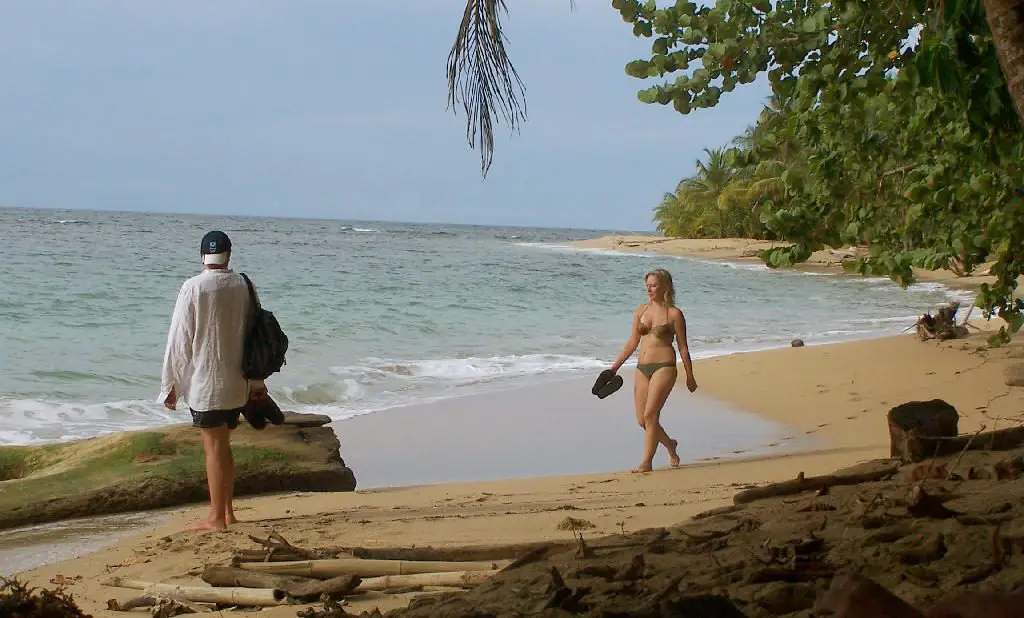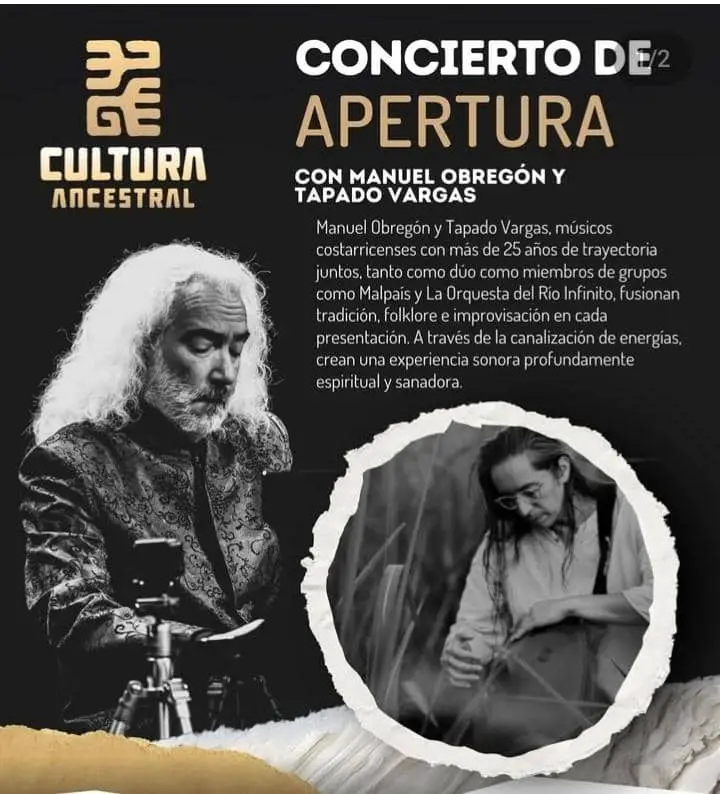Q COSTARICA — In Costa Rica, most people have just one cell phone line, but it’s not unusual for some to have two or three. While many Costa Ricans stick with a single line for personal use, some—especially those who travel for work or want to take advantage of different carrier deals—carry two or more lines.
So, how can you tell if cellphone lines have been taken out in your name without your consent?
This week, El Observador shared the story of a woman living in Vásquez de Coronado who discovered that 18 prepaid cell phone lines had been set up under her name without her knowledge.
It started on July 23, when she visited the Kölbi (a division of State telecom ICE) office in her area to switch her personal prepaid line to a postpaid plan. But the employee helping her found something odd: just that day, 16 lines had been registered in her name—on top of the one she actually used.
She immediately asked for those extra lines to be canceled.
A couple of weeks later, on September 5, she went back to the same state-run phone company. That’s when she learned that two more lines had been added using her identity.
Altogether, 18 lines had been fraudulently registered in her name.
The woman filed a complaint with ICE, though, as the State agency hasn’t responded yet, she plans to file a complaint with the Organismo de Investigación Judicial (OIJ).
How do you know if cell phone lines have been taken out in your name, without your consent?
According to the Regulation on the End-User Protection of the Superintendency of Telecommunications (Sutel), operators are required to provide this information.
However, the consultation must be done in person at one of the end-use service centers, and with proper identification. That is, the person must visit each company in person, confirm their identity, and thus find out if lines have been issued in their name.
Sutel insists that “users of telecommunications services have the right to consult their operators about the number of active services they have with their provider.” What Sutel doesn’t mention, though, is how you’re supposed to deal with the long lines that are almost always waiting at customer service centers.
In the case of ICE Kölbi, the state operator says a rigorous process is followed for granting a line.
“Before granting a prepaid line or chip, strict information verification controls are applied. This allows us to remain virtually free from identity theft fraud, as well as the corresponding sanctions,” ICE told El Observador, emphasizing that thanks to these controls, they say identity theft fraud is almost nonexistent—and so are the penalties that come with it.
As to the Sutel, they say the regulations are clear regarding the obligations that operators have when registering users.
“SUTEL’s powers include analyzing compliance with the obligations of telecommunications service operators, whose potential noncompliance could lead to the commission of fraud,” the institution stated.
The OIJ, in response to the growing trend of fraud using cell phone lines (Criminals steal cell phones and withdraw money via Sinpe), has recently questioned the ease with which a cell phone line is obtained in Costa Rica and the limited follow-up they provide to the data of those who have removed these chips.
How to Protect Yourself Against Cell Phone Fraud in Costa Rica?
Cell phone fraud isn’t just a big-city problem—it happens everywhere, and Costa Rica is no exception. Whether you’re a tourist soaking up the beaches or a local going about your day, scammers know how to find their targets.
The good news? A bit of common sense and a few practical steps can go a long way.
First, always keep your phone locked with a strong password or biometric security. Don’t rely on a simple four-digit code—make it something that can’t be guessed. If your phone supports fingerprint or facial recognition, use it.
Watch out for calls or texts from unknown numbers, especially those claiming to be from banks, government agencies, or delivery services.
In Costa Rica, it’s common for scammers to pose as the police (“OIJ”) or as representatives of local banks like Banco Nacional or Banco de Costa Rica. They might say there’s a “problem with your account” or that you’ve “won a prize.”
Don’t take the bait—legitimate institutions will never ask for your personal information over the phone or by text.
Never share your passwords, PINs, or verification codes with anyone. If someone asks, even if they sound convincing, hang up and call the official number of the institution to double-check.
If you use mobile banking, enable two-factor authentication (2FA). Most Costa Rican banks now offer this feature, and it’s a solid extra layer of protection. Also, avoid using public Wi-Fi for sensitive transactions—wait until you’re on a secure, private connection.
Keep your phone’s software up to date. Security patches are there for a reason, and outdated apps or operating systems are easy targets for hackers.
Finally, if your phone is stolen, contact your carrier immediately to block your SIM card and report the theft to the police.
In Costa Rica, you can also register your phone’s IMEI number with the regulator (SUTEL), which can help prevent it from being used on local networks. You will need your phone’s EMEI. You can find your phone’s unique IMEI number by dialing #06# on your phone’s keypad.
Stay smart, stay skeptical, and don’t let your guard down just because you’re in paradise. Scammers never take a vacation.
Source link
Rico



